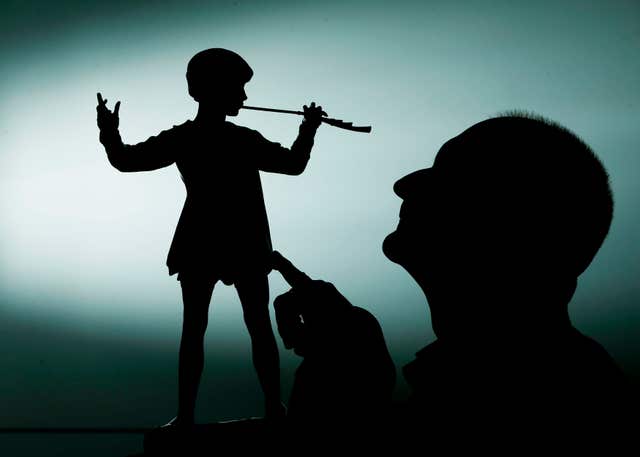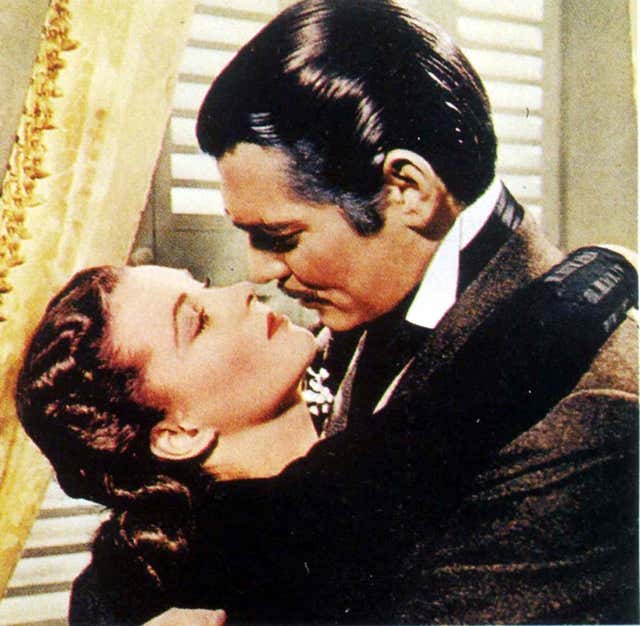Disney’s portrayal of Native Americans ‘leaves a lot to be desired’
The 1953 animated film Peter Pan has long courted controversy.

Disney has been criticised for its representations of Native Americans on screen and is facing calls to pay reparations to advocacy groups.
Amid a renewed focus on issues of race and representation in Hollywood following the global Black Lives Matter protests, the entertainment giant’s depiction of minority groups is coming under fresh scrutiny.
Disney recently announced its Splash Mountain theme park ride would be “completely reimagined,” following an outcry over its links to the 1946 film Song Of The South, which is widely considered racist.
The studio’s Peter Pan, the 1953 animated film, has long courted controversy for its portrayal of Native Americans.
The characters are called the offensive term “Indians” and speak in broken English while a song from the movie, What Made the Red Man Red?, has also been criticised.
Peter Pan, which is based on the character created by Scottish writer JM Barrie, already carries a disclaimer on the Disney+ streaming service, stating the film “may contain outdated cultural depictions”.
Pocahontas, the 1995 film loosely based on the life of the Native American woman, has been accused by some of whitewashing a brutal past.

Shannon O’Loughlin is the executive director of the Washington DC-based Association on American Indian Affairs and said Disney’s portrayal of native people “leaves a lot to be desired”.
She told the PA news agency: “It is indicative of how invisible Native Americans are and how no-one really understands who Native Americans are, except for caricatures of them.
“It is hard for many Americans, let alone people around the world, to understand there are 574 federally recognised tribes in the United States.
“That means 574 tribes that have government to government relationships, sovereign relationships with the United States government. And each one of those tribes is diverse in language, in their cultural and religious practises, in their history.

“Those histories are not well understood and are not well portrayed, especially from people like Disney, who like the romantic or warrior-type images of Native Americans.”
And Ms O’Loughlin is calling for Disney to hand over some of the profits it has made from films involving Native American characters.
She said: “The Disney empire has made a lot of money off the selling of those images.
“I would like to see some of that funding returned to us who have been harmed, not necessarily individuals but to the native organisations who are working to educate the public about Native Americans and Native American identity and culture.”
The recent reappraisal of what is deemed acceptable to modern audiences has affected popular TV shows and films.
HBO temporarily took down Gone With The Wind from its streaming platform due to its depiction of race and the 1939 Civil War epic has since returned with a disclaimer saying the film “denies the horrors of slavery”.
Ms O’Loughlin is in favour of disclaimers to provide historical context but believes films such as Peter Pan should remain on Disney+ unedited as a learning tool.
She said: “That’s what I do with my own child, make sure he understands the difference between television’s portrayal of not just Native Americans but about many different cultures and races and how to be critical of those images and stereotypes.”
Ms O’Loughlin’s comments come as the NFL team based in the US capital is facing increasing pressure to change its name. The team is currently called the Redskins, a term deemed offensive by many.
Disney was contacted for comment.





